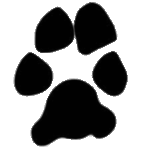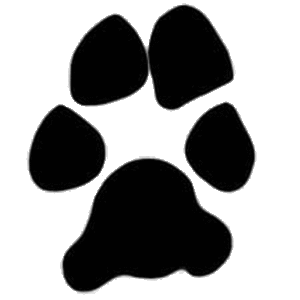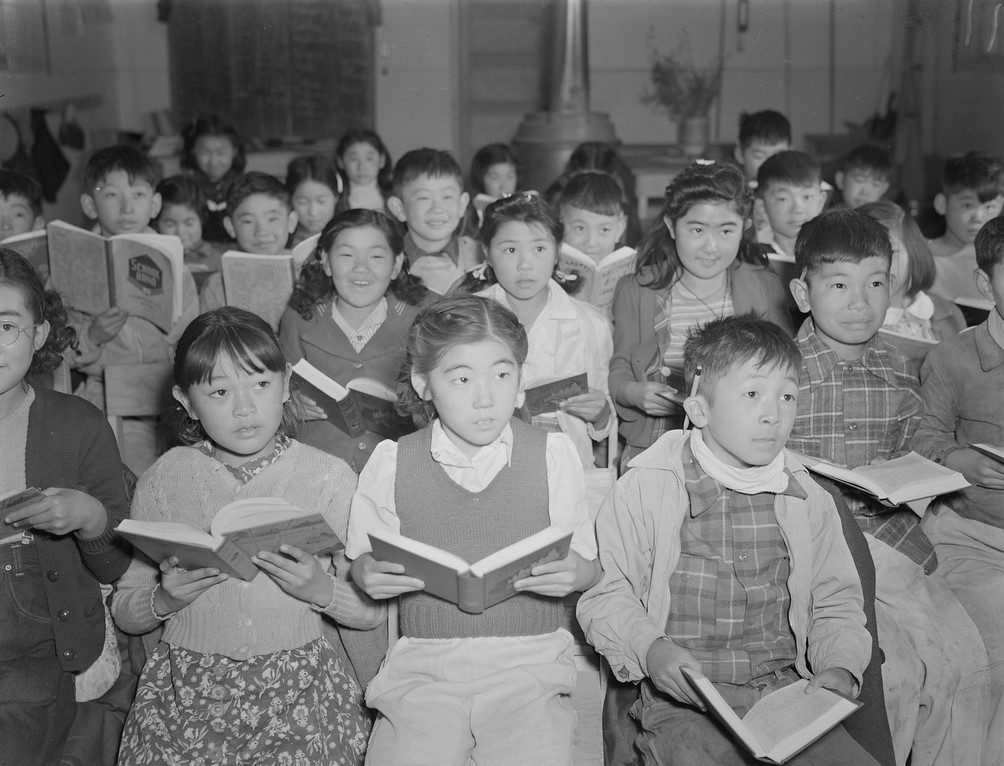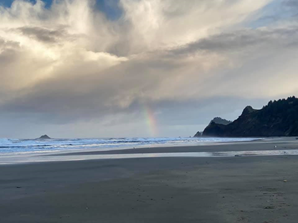 My father was never lost. Nor was my mother. My brother is never lost. The family sense of direction has been infallible, it seems. Except in making its way to me.
My father was never lost. Nor was my mother. My brother is never lost. The family sense of direction has been infallible, it seems. Except in making its way to me.
I am so often lost, without a clue as to where I am or how to get home, that “being lost” looms as Number 4 on the list of my top five fears. Number 5 is grizzly bears.
I get lost in shopping malls. After paying for my purchases and leaving, I’ve returned to ask for help and a clerk has kindly walked with me to the entrance of the establishment, stepped out into the common walkway to point toward my next destination and waited while I got on my way. (Yes, I’ve looked back.) Their kindness is from pity, I suppose, having seen my pale countenance as I stare into the maw of the abyss that is my complete lack of a sense of direction.
I maintain that this lack is not my fault. I believe I have a chip missing. After extensive reading, though, I haven’t seen that cited as a cause for directional dysfunction. Terms I have found pertaining to (sometimes healthy) relationships with maps are:
- Carta cacoethes: a tendency, due to great interest, to see maps everywhere. Not me.
- Cartophilia: a love of maps. Nope.
- Directional Disorientation: Which way is north? Yes, though I’m good with left and right.
- Graphicacy: the ability to create and successfully apply information from graphic images, such as maps and diagrams. I do not have that ability.
- Ingraphicacy: Yup.
My brother could snowshoe home from Nome on a moonless night without a flashlight. I could not find my way out of a cardboard box with a flashlight.
Funny? Not to me. Does it matter? Yes, to me. But, to you?
In your own life, at what barrier have you thrown your full weight, again and again, your shoulders aching, ears ringing with the impact? The wall is high; you cannot see over. Its expanse is vast; you see no way around. It is unyielding, and you are getting nowhere.
Melodramatic? Maybe. But I wonder, how have you finally dealt with it? In consideration of your shoulders and ears, I suspect you have found another way. Pole-vaulted, maybe. Built a really big kite. Chosen an alternate, equally satisfying goal and painted a mural on that wall. Or taken it down one stone at a time.
My winning strategy? I waited years, but a GPS changed my life. I’d come to believe there was no help. But I took it out of the box, clicked it on and voila! Solution: Be willing to try new things and continue believing in yourself.
Maps are a particular enthusiasm of Ken Jennings, a self-confessed map nerd since childhood, the “Greatest Jeopardy Champion of All Time,” and author of the book, Maphead. In his book we learn that maps are older than writing.
With a quick Internet search, we find photographs of the oldest surviving map, the Babylonian Map of the World, the Imago Mundi, which was created between 700 and 500 BC. Maps, though, are not universally helpful.
How else might we and other ambulant lifeforms find our way home? To me, this seems to have been of primary concern since day one. To hunt, to harvest, we go out. For shelter, for companionship, we go home.
In Maphead, the subject is covered extensively. My favorite example is the homing abilities of Tunisian desert ants with reference to path integration. I love the image of ants on tiny stilts made of individual pig bristles, secured thus to ascertain that they do, indeed, count their steps as a strategy for finding their way home. The stilts acted as a variable, modifying the length of their steps, and disrupting the process. Rest assured, the ants were transported safely home.
I was disconcerted to read the opinion of Northwestern University professor, David Uttal, that people who can’t read maps “just don’t want to.” Au contraire, Professor Uttal. I want to. Desperately.
While I can’t read maps, when in first grade the alphabet was introduced, boom! Books made sense. So, maybe, I thought, the solution to my confusion is in a better understanding of the words. Searching for sources of the English terms for cardinal directions, I located an article titled, “North is Left and West is Down.”
The author, Dustin Wren, tells us that North, South, East, and West are English words, from Germanic, which is derived from Proto-Indo-European.
An example: North comes from ner, which means left. Yet, maps always have West on the left. The originators, we learn, referred to the sun. They looked east. North would have been to the left of the sunrise. And so on. The terminology makes perfect sense, yes? No. Perhaps you’d be interested in knowing the rest of the article’s title: “North is Left and West is Down: Getting Lost in the Origins of Cardinal Directions.”
So, there you have it. The words for cardinal directions doomed me from the start.
Along with all these discouraging words, though, I found this: Topophilia: a strong sense of place, a feeling of pride in, and devotion to, a place. How lovely.
Oft-quoted, French philosopher Simone Weil wrote, “To be rooted is perhaps the most important and least recognized need of the human soul.” She saw “rootedness” not as a want, nor a preference, but as a human need and a basic right.
Rootedness is a right. Consider the deep meaning of that concept. Can you deny it? For yourself? For others?
Place. Belonging. Maps are constructions. Place is intrinsic.
I am always lost. But I am never lost.



